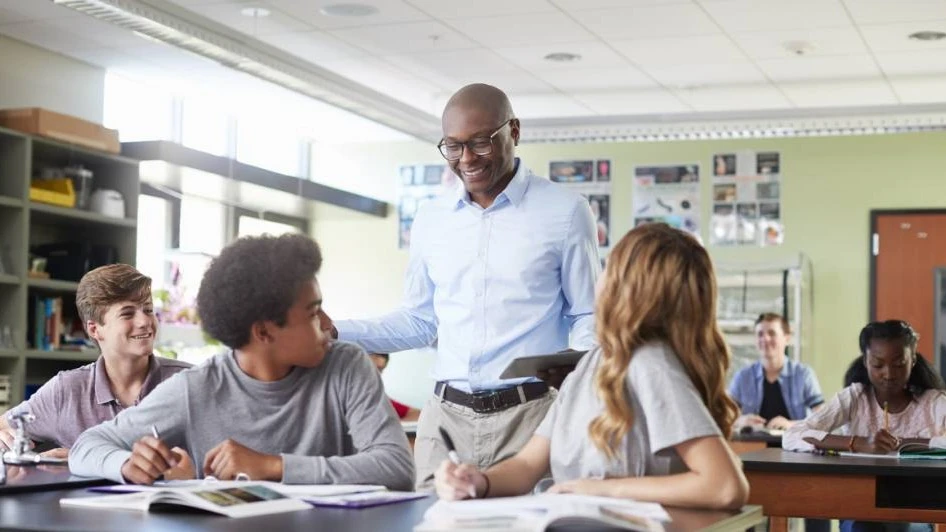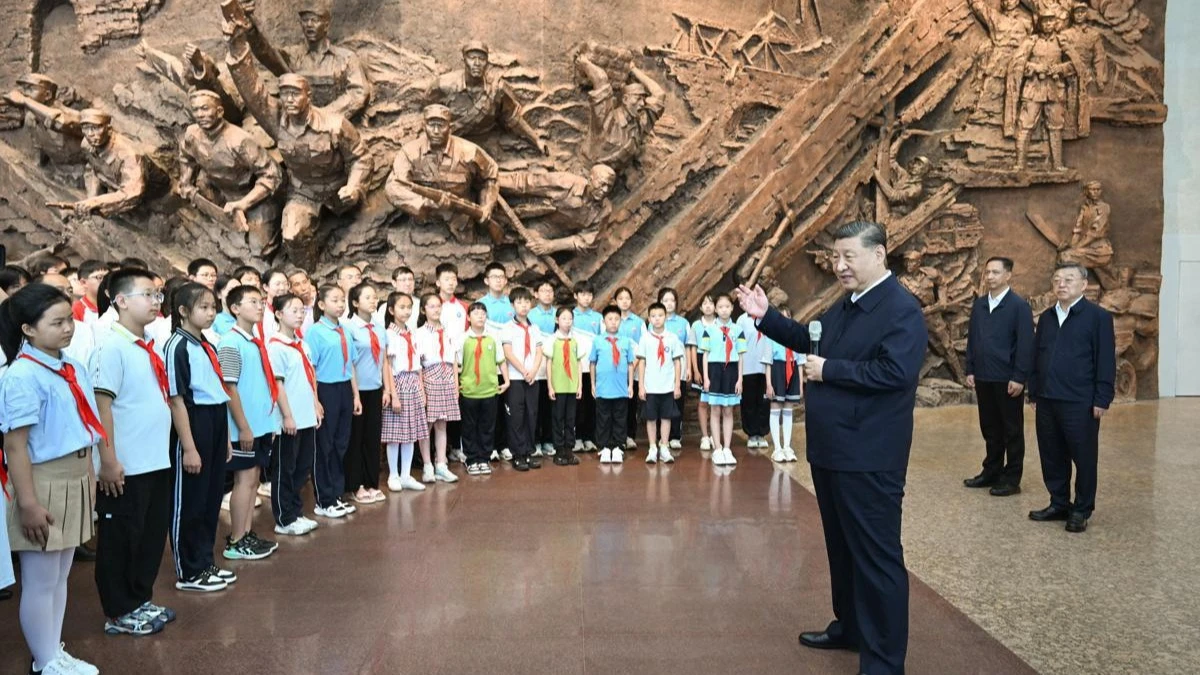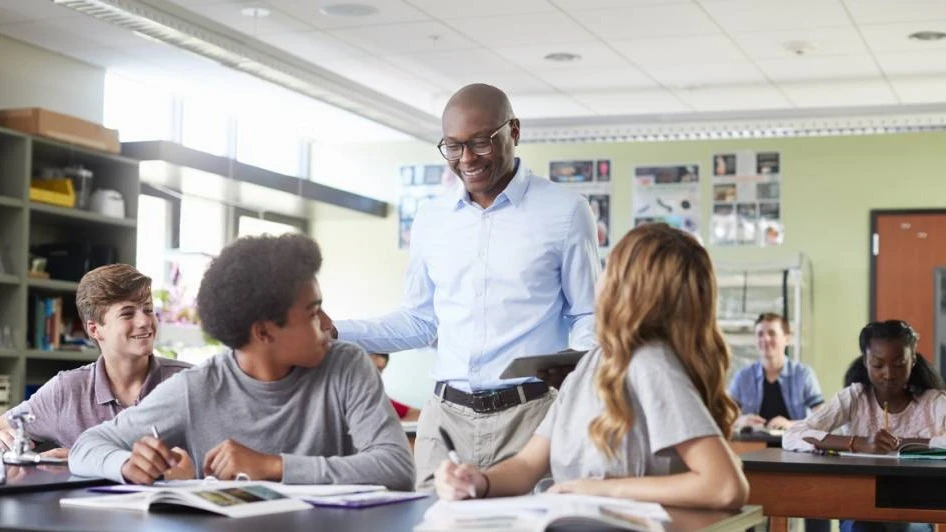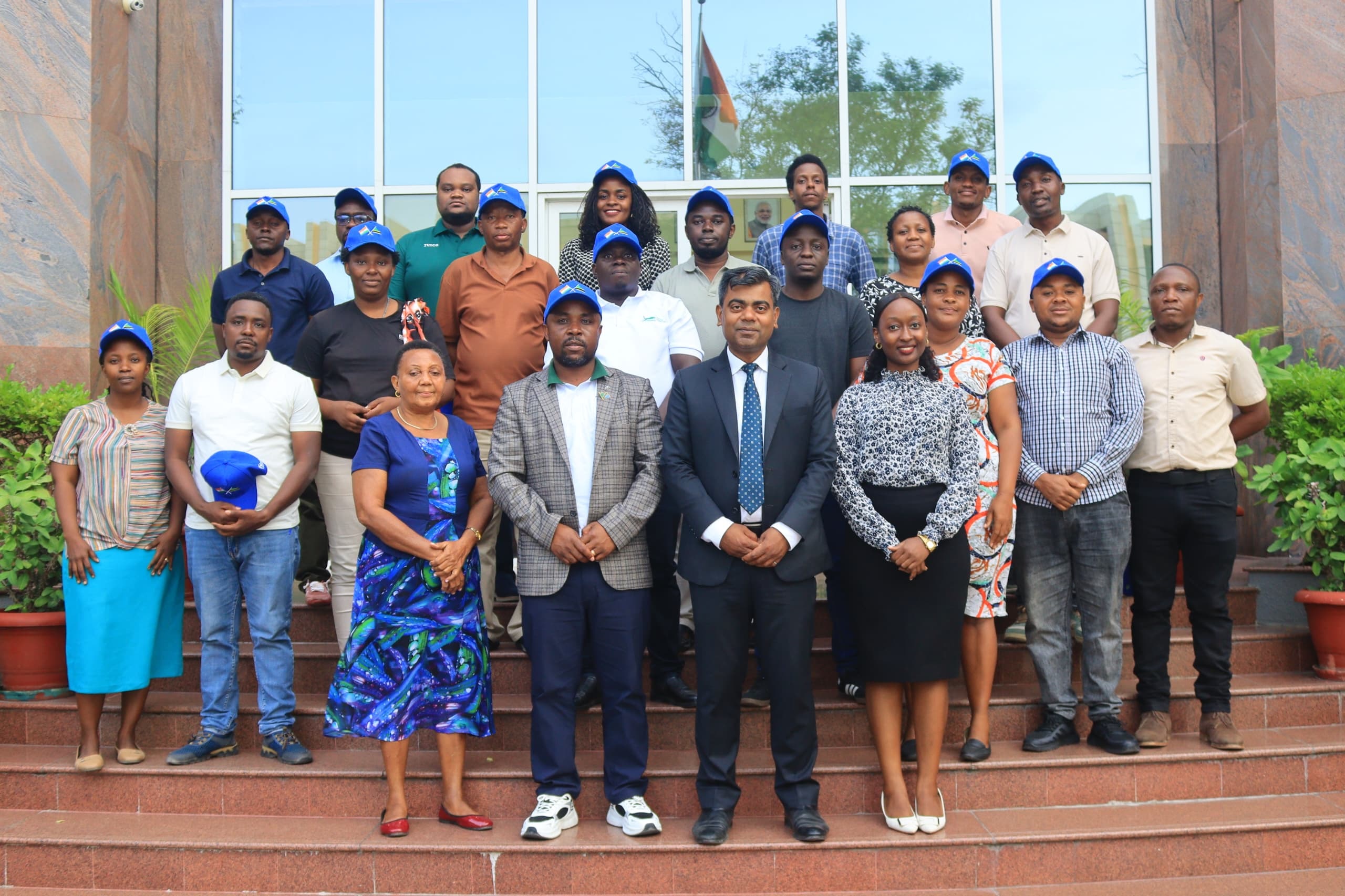Teachers should embrace social skills to effectively fulfill their duties

TEACHING is one of the professions closely tied to personality. Many argue that it is more of a vocation than a job, implying that material gain should not be the main expectation. Instead, the focus should be on fostering social development in various ways—enhancing thinking capacity, improving social relations, and organizing socio-economic activities that contribute to societal transformation.
Due to the sensitive nature of their role, teachers must build strong relationships with learners from diverse social backgrounds.
Students come from various cultural, economic, and family settings that shape their experiences, behaviour, and learning styles. Teachers who recognize and embrace this diversity can create more inclusive and supportive environments where all students feel valued and understood.
Strong teacher-learner relationships foster trust and mutual respect, which are key to encouraging active participation and engagement. When learners feel respected for who they are, they are more likely to express themselves, ask questions, and collaborate with others.
This connection also enables teachers to identify individual strengths, challenges, and emotional needs, allowing for more personalized instruction and support.
When a teacher interact closely with students from different backgrounds, teachers can challenge assumptions and promote empathy, tolerance, and social cohesion within the classroom. These values not only improve the learning atmosphere but also prepare students to live and work in diverse societies.
A teacher’s character can either facilitate or hinder learners’ development. Students vary in temperament—some have low self-esteem, some are shy, and others struggle with social interaction.
Since learning is largely behavioral, social relationships should be given special consideration in the teaching process. Mastery of competence often results from collaborative practice, making social interaction a key component of learning.
It is the teacher’s duty to ensure learners engage effectively in the learning process. If a teacher overlooks students' behavioral differences, educational objectives may not be achieved.
For example, some learners know the correct answers but are too afraid to speak in class. This hinders peer learning, a valuable part of the educational experience. Teachers must remember that they are catalysts for learning—learning should continue even in their absence. When learners lack opportunities to interact freely, the learning process suffers.
Fear and shyness can prevent students from asking questions or seeking clarification. A teacher's success lies in ensuring that learners acquire the intended competencies. It is therefore essential that teachers eliminate barriers to effective learning.
Social skills are crucial in this regard—they help teachers enhance the learning process. These skills must first be internalized by the teacher before they can be passed on to learners. Since students often model their teachers, a lack of social skills in teachers prevents learners from developing them as well.
Teaching is not just about mastering subject content; it is also about shaping learners’ behavior to support effective learning. Teachers need to understand learners’ emotions, strengths, and weaknesses to equip them with strategies that support academic achievement.
Since teachers spend long hours with learners, they have numerous opportunities to influence them positively. This reality underscores the importance of teachers embracing social skills—not only to make subject matter more accessible but also to serve as role models for learners to emulate.
The value of social skills in teaching is clear. Therefore, deliberate efforts by government, stakeholders, and teachers themselves are essential to ensure teachers acquire these skills for more impactful teaching. The importance of social skills for teachers is evident in the following areas:
Encouraging learners
The learning process has its ups and downs. Learners may not always achieve expected results, leading to frustration. Teachers' encouragement helps learners stay motivated despite setbacks. Learners, being human, experience emotional stress and need support to recover and continue their studies effectively. Motivated learners are more likely to put in the necessary effort, which improves performance.
Bridging the gap between teacher and learner
While it is important for teachers to maintain a professional distance to uphold discipline and authority, excessive distance can hinder the teaching process. Learners should respect, not fear, their teachers. They need to feel free to express opinions and ask questions. Effective learning happens through meaningful teacher-student interaction, which is built on strong social skills.
Promoting peer learning
Students often learn more from peers than from teachers, as they feel more comfortable interacting with each other. Teachers, due to differences in age and status, may unintentionally inhibit interaction. However, socially skilled teachers can foster peer learning by nurturing positive relationships among learners and encouraging independent learning, even in the teacher’s absence.
Building confidence:
A hallmark of an educated individual is self-confidence, which stems from well-developed social skills. Teachers play a vital role in nurturing confidence by encouraging learners to express themselves and work with others. Socialization and access to opportunities help learners expand their understanding, solve problems, and develop a stronger sense of capability.
Without good relationships, collaboration, and a shared understanding, effective learning cannot occur. The ultimate goal of education is socio-economic transformation that creates opportunities for development.
Through interaction, knowledge spreads, triggering improvements and progress. Teachers must develop the skills to help learners collaborate and achieve academic success, while also preparing for a productive social life beyond school. After all, human beings are inherently social.
Top Headlines
© 2025 IPPMEDIA.COM. ALL RIGHTS RESERVED

























